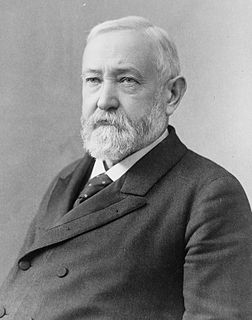A Quote by Shekhar Kapur
I had no interest in history classes. In fact, I used to sleep in history classes, I used to bunk classes. But that is how students are supposed to be, no? I developed an interest in history much later. I have made a few films based on historical facts.
Related Quotes
It is clear, from these considerations, that the three methods of classifying mankind-that according to physical characters, according to language, and according to culture-all reflect the historical development of races from different standpoints; and that the results of the three classifications are not comparable, because the historical facts do not affect the three classes of phenomena equally. A consideration of all these classes of facts is needed when we endeavour to reconstruct the early history of the races of mankind.
I was a journalism major, and I would take creative writing classes as part of that, but I would also look for opportunities to write stories for some of my other classes. So for my course in Scandinavian history, I asked if I could write historical fiction instead of term papers. Sometimes they’d say yes.
If the educated and influential classes in a community either practice or connive at the systematic violation of laws that seem to them to cross their convenience, what can they expect when the lesson that convenience or a supposed class interest is a sufficient cause for lawlessness has been well learned by the ignorant classes?
The philosophy of praxis does not aim at the peaceful resolution of existing contradictions in history and society, but is the very theory of these contradictions. It is not the instrument of government of the dominant groups in order to gain the consent and exercise hegemony over the subaltern classes. It is the expression of subaltern classes who want to educate themselves in the art of government and who have an interest in knowing all truths, even the unpleasant ones, and in avoiding the impossible deceptions of the upper class, and even more their own.
I don't even know in American educational history classes how much of D-Day, World War II, all of that is taught versus how much of it is just ignored or looked back on with mockery or insincerity or what have you. But it was one of the most crucially important events in all of human history in terms of the preservation of freedom and liberty and the notion of democracy and things associated with it.
I did not know much history when I became a bombardier in the U.S. Air Force in World War II. Only after the War did I see that we, like the Nazis, had committed atrocities... Hiroshima, Nagasaki, Dresden, my own bombing missions. And when I studied history after the War, I learned from reading on my own, not from my university classes, about the history of U.S. expansion and imperialism.




































